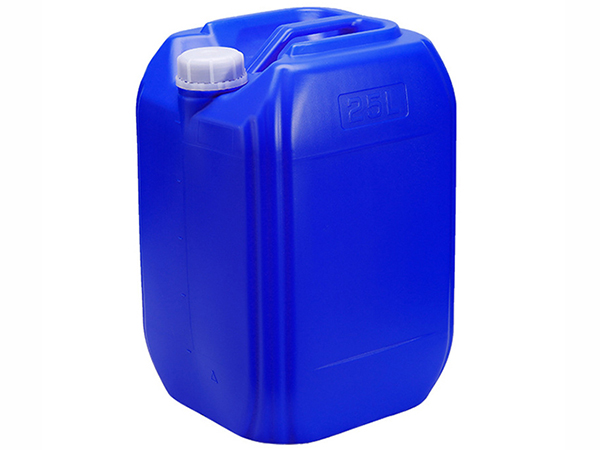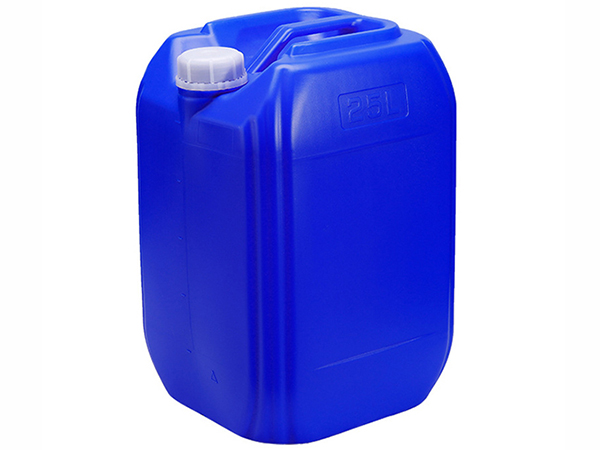
The environment-friendly resin is a series of products processed from vegetable oil with high softening point, high viscosity, and better oxidation resistance, and is completely resistant to crystallization in liquid state or in solution. Its multiple uses include paint, drying agent, synthetic resin, automobile ink, floor tile, rubber compound, solder paste, and various adhesives and protective coatings.

Natural environmentally friendly resins contain double chain and carboxyl active genes, with conjugated double bonds and typical carboxyl reactions. This resin not only exhibits easy oxidation and isomerization reactions, but also exhibits double bond reactions such as disproportionation, hydrogenation, addition, and polymerization. At the same time, it also has carboxyl reactions such as esterification, alcoholization, salt formation, decarboxylation, and ammonolysis. The secondary reprocessing of resin is based on the characteristics of rosin having double bonds and carboxyl reactions, and the resin is modified to generate a series of modified resins, which improves the value of resin use.
About
Brief introduction Application Certificate Laboratory Connectproduct
Post finishing agent Enzymatic water Brightener Printing/Coating Additives MoreNews
Dynamic Lnformation Common
Mobile website

TRL:+86 0769-88124837
Chinese mailbox:dgtshdrl@163.com
English mailbox:postmaster@tianshengchem.com
Guangdong Tiansheng Environmental Protection New Material Technology Co., Ltd. Copyright © 2023 all rights reserved